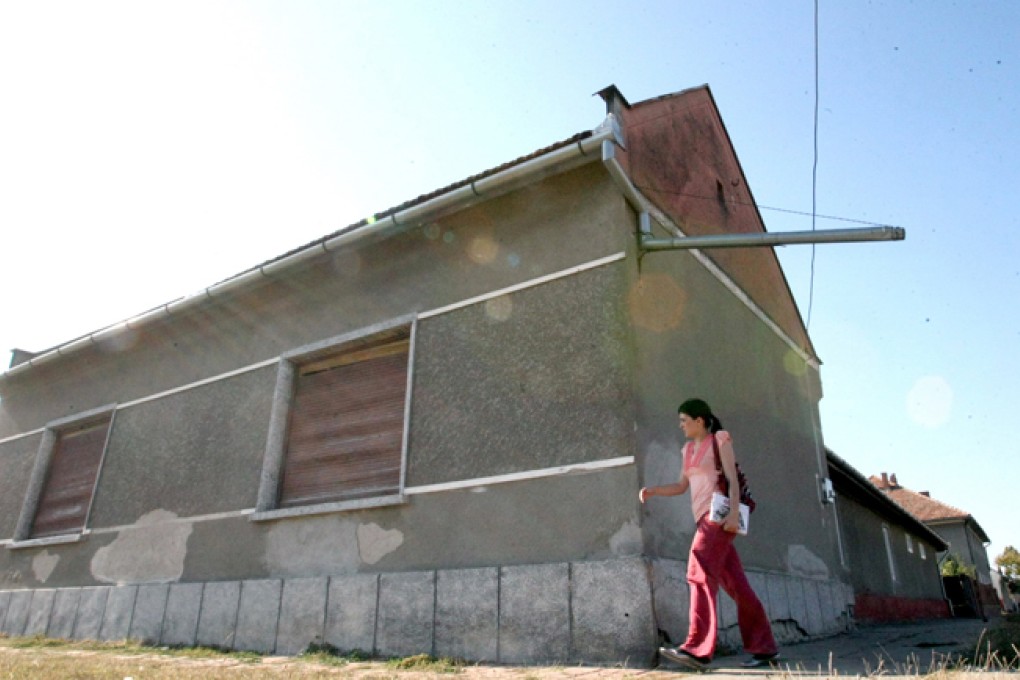Made to be broken
Nobel prize winner Herta Mueller, who has labelled fellow laureate Mo Yan's award a 'catastrophe', tells Maya Jaggi that life under a communist regime drove her 'mad'


Yet as she recounts the psychological terror and surveillance she endured under the communist dictatorship of Nicolae Ceausescu, her resilient mirth contradicts her.
A keen sense of comic absurdity may partly account for her survival. Born in 1953 into a German-speaking minority in Romania, she was both harassed as a political dissident by the authorities and ostracised by her Swabian community for “fouling the nest”. In Mueller’s novel The Land of Green Plums (1993), a village girl joins dissident students who long to cross the river Danube to freedom, but are hounded into breakdown or staged suicides.
Mueller lives in Berlin with her husband, German dramaturge Harry Merkle, whom she met in 1988, the year after she fled to West Germany. Death threats pursued her, as did smears that she was an informant for Ceausescu’s brutal secret police, the Securitate. Her Nobel lecture in 2009 described how she lost her job translating manuals at a tractor factory for refusing to be recruited by a “thick-boned colossus” who called her a “shirker, a slut and … a stray bitch”. Later, a regional Securitate chief who admitted bugging her home claimed she was psychotic and had been sacked as a teacher for smoking in the classroom. Her fiction charts fragile acts of resistance in a surreal totalitarian bureaucracy of lies, spies and intimate betrayals.
“Ceausescu was mad and he made half of Romania mad,” she says. “I’m mad because of him.”
It was that experience that led her to label mainland writer Mo Yan’s Nobel prize a “catastrophe”, rewarding an author whom she claims “celebrates censorship” and is too close to the central government. She said that handing the prize to the vice-chairman of the governmentbacked China Writers’ Association while 2010 peace laureate Liu Xiaobo remained in jail, was “a slap in the face for all those working for democracy and human rights”.
On December 6, in Stockholm, Sweden, to collect his prize, Mo added fuel to his detractors’ fire by again defending censorship. He said that he didn’t feel censorship should stand in the way of truth but that any defamation or rumours “should be censored”.